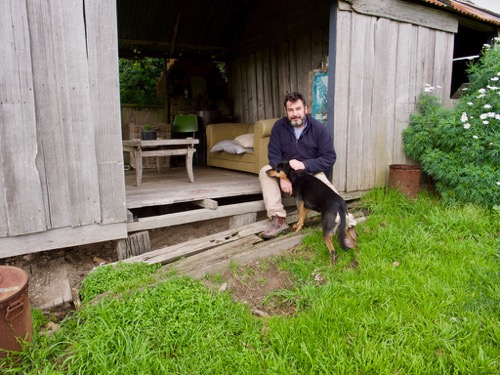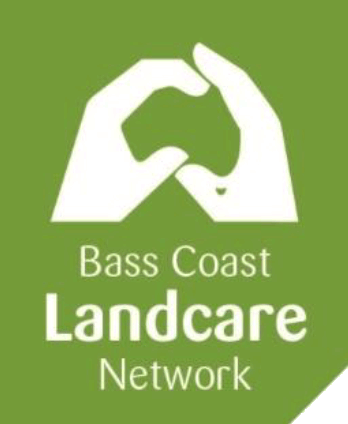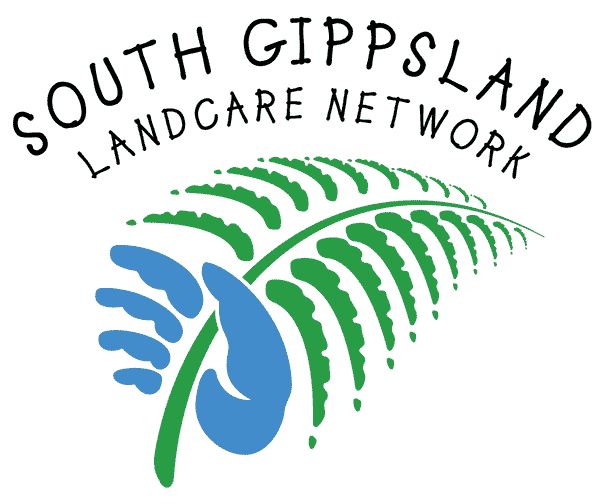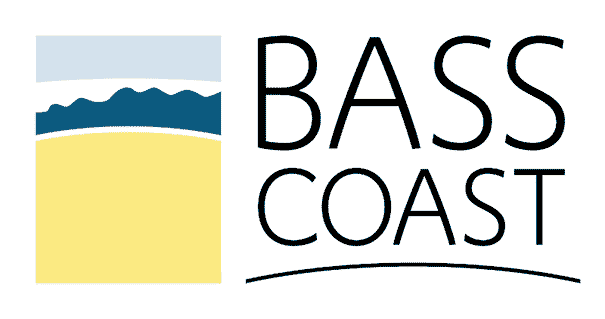Paul and Samantha Crock: Our Story
The Crocks run an Angus breeding herd on their 200 acre property and they organise their product from paddock to plate via Gippsland Natural Beef. Gippsland Natural is a beef producer group in southern Gippsland that focuses on pasture fed beef and uses Meat Standards Australia (MSA) to grade their meats and on this basis connect with end users. They also use an environmental management system that is compliant with ISO 14001. This allows these producers to assess the environmental impact of their farms and to decide how to manage and reduce these impacts.
Our Vision
Biran Biran has a long-term commitment to sustainable farming practices, which inform the ways in which the farm is organised and managed.
“We're very dedicated to looking after a sustainable operation and a very environmentally sensitive one.”
“It's about planning and saying, well, we've done this because of environmental reasons, but also … what we're doing environmentally and what we're doing in terms of animal welfare.”
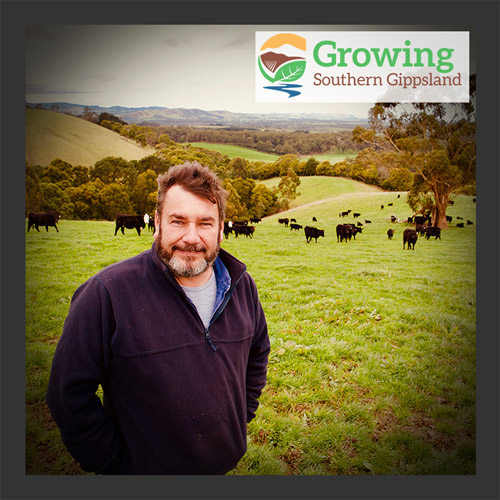
Enterprise: Grazing: Beef Cattle
Business Name: Biran Biran – Natural Beef
Locality: Foster
Catchment Management Region: West Gippsland
Landcare Network: South Gippsland
LGA: South Gippsland Shire Council
Landform: Strzelecki Ranges
Soil Type: Red-brown clay-loam dermosols
Annual Rainfall Average: 848.5 mm or 33.4 inches (Source Bureau of Meteorology)
Our Enterprise
“It's not about producing more for less, it should be about producing the same amount of stuff but making it better, higher quality, and less impact on the environment.”
“The big thing for us is - the most important thing is [the eating] quality of what we produce. So, it's one thing to have a nice, fuzzy story, but if the meat's no good, then it just dies straight away on the vine because people just won't eat it. So, you've got to have a fantastic product, so that's the first thing. We underpin our eating quality with the Meat Standards Australia grading system.”
Our Challenges
On acquiring the farm in 2000, the Crocks developed a farm management plan concentrated on rotational grazing, revegetation, including fencing to land terrain – north and south facing, and building carbon reserves in the soil with limited use of artificial additives.
“The challenge of course was we're doing all this environmental work but no one's actually getting paid for it. So, it comes back down, and nowadays it's quite a common term of the triple bottom line; social, economic and environmental outcomes as your triple bottom line.”
Over the last few years, they had to implement a drought strategy which they did not think would ever be necessary.
“When we implemented out drought strategy a couple of years ago, as I said, from an environmental perspective, yes it worked. Yes, it took the pressure off the farm and yes, it did all of that, but boy, it took the accelerator off our cash flow and I didn't actually - it was a bit like a boiling frog, because we sold into a very high market. So, we were getting really good money for our older cows but then all of a sudden we didn't have anything coming through.”
Another challenge is to create a sustainable value chain, from farm, via processing, to end-users.
“So, we've put it all together … we've done a pretty good job. We want to look after the welfare of the animals, we want to look after the welfare of the staff, we want to look after the welfare of everybody involved…”
Our Landscape Activities
“We've planted over 70,000 trees on the farm and we're very dedicated to looking after a sustainable operation and a very environmentally sensitive one.”
“The plantings and paddock creation have provided shade and shelter for cattle, established wind breaks and revegetated the land to improve soil quality and biodiversity.”
Recently, their key priority has been to provide the conditions to improve soil carbon naturally.
“How do we get that carbon down? The best way of doing that is going to be through soil carbon, through regenerative farming or I'll go back to my old brand of Landcare farming, Landcare practices, sustainable agriculture, and part of that is holistic grazing management. Because the research tells us that grasslands, properly managed with grazing animals, will actually sequester more carbon than a forest system [a tree ecosystem].”
Our Practices and Successes
“Our sustainably farmed beef is sought after in high end restaurants and our commitment to transparent production processes enable our consumers to trace the conditions in which their meat has been produced and distributed.”
“We manage the farm on the basis that climate change is taking place and we must adjust our practices.”
Sharing
The focus on Gippsland Natural as a regional brand is key
“We are members of Gippsland Natural (www.gippslandnatural.com.au - producer-owned cooperative-style operation), a local collective of farmers implementing Environmental Management System (EMS) processes to achieve best practices including transparency in quality food production and land preservation.”
This approach opens up connections with butchers and consumers. In this respect, the Crocks promote ‘Brand Gippsland’
Website
Images
.jpg)
.jpg)
